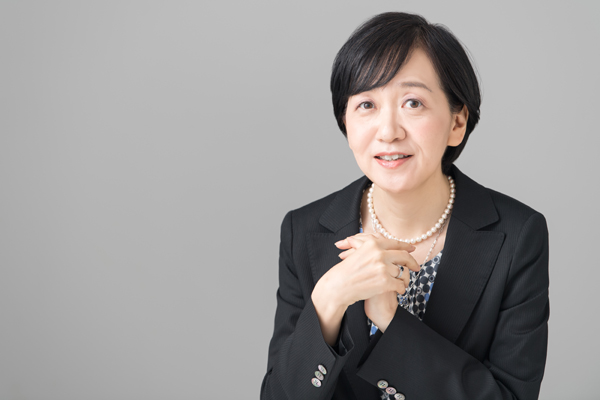Transcending Time and Space: Discovering Oneself, Discovering the World

Can the past help the present?
Can the dead save the living?
These are the questions Han Kang, the first Asian woman to win the Nobel Prize in Literature in 2024, asked in her Nobel Prize Lecture. While writing a novel about a democratization uprising and its tragic aftermath in her hometown of Gwangju, she struggled with many inner conflicts. Yet, she noted that it was precisely through these struggles that she felt the past was indeed helping the present, and the dead were truly saving the living.
These two questions are also significant for those of us in the Faculty of Letters. Much of our academic pursuit focuses on times that have already passed and the activities of people who have long since passed.
What brought joy to those who lived in times and spaces different from our own? What troubled them? What conflicts did they face? How can we, who can never meet these individuals in person, come to understand their inner thoughts, and to what extent? While fully aware of how challenging this task is, we are driven by pure curiosity and imagination to attempt a dialogue with those from the past. We strive to decode the messages embedded in the “words” and “objects” left behind by our predecessors—records of their thoughts, works of art, and the remnants and artifacts of their communities—through diverse approaches within disciplines such as philosophy, religious studies, history, archaeology, linguistics, and literature.
However, the significance of these explorations across time and space goes further. As a result of these explorations, we do not only learn about the “others” who lived in the past but also gain insights into “ourselves”. It is only by learning about people from different eras and societies that we are able to relativize our contemporary society and our own position within it. To do this, the perspectives offered by disciplines like psychology and sociology—which often focus more on the contemporary rather than the past—are equally crucial. The diverse learning experiences in the Faculty of Letters provide opportunities to relativize ourselves. We learn to place ourselves in the “here and now” within the vast expanse of time and space, and realize the uniqueness and irreplaceability of our own existence.
Furthermore, studying the choices made by people in the past and their consequences can serve as a guide for us in making future decisions. Of course, past events cannot be directly applied to future situations. Many critical choices in society come with dilemmas, and there may be no single correct answer. Still, by decontextualizing the experiences of others from the past, extracting their essence, and recontextualizing them in relation to potential future events, we can prepare ourselves to a certain degree for what may come. In facing enormous challenges such as environmental destruction, wars and conflicts, natural disasters, unknown infectious diseases, and widening inequalities, we must not overlook the hints that people from the past can offer us.
Given this perspective, we may indeed answer “Yes” to the two questions raised at the beginning. To make use of the messages delivered across time and space, it will become increasingly important to collaborate with other academic disciplines—across both the humanities and sciences—that are working on critical contemporary issues, and to contribute in ways unique to the humanities and social sciences. To all of you who have studied or are planning to study in the Faculty of Letters, I sincerely hope you will join us in carrying this responsibility forward.
Yukiko Muramoto
57th Dean of the Faculty of Letters
